 On the heels of Convergence: The Intersection of Technology and Transportation, Eno has partnered with Shared Mobility Strategies to identify and celebrate those public sector officials who have fostered innovation in their field. These leaders have demonstrated an ability to work across the aisle, with different agencies, and other non-traditional partners including those from the private sector. This month’s lineup has worked creatively to improve outcomes, cost savings, and service–often based upon end-user preferences and performance measures.
On the heels of Convergence: The Intersection of Technology and Transportation, Eno has partnered with Shared Mobility Strategies to identify and celebrate those public sector officials who have fostered innovation in their field. These leaders have demonstrated an ability to work across the aisle, with different agencies, and other non-traditional partners including those from the private sector. This month’s lineup has worked creatively to improve outcomes, cost savings, and service–often based upon end-user preferences and performance measures.
Several of those featured have encouraged disruption of existing methodologies, and reformed process-driven approaches by leveraging new technologies, applying fresh thinking to old problems, and encouraging their teams to question assumptions. They have not shied away from solving underlying challenges and continue to tackle the most pressing, widespread, or safety critical issues. Most importantly these innovators are out-front offering other agencies and organizations the opportunity to replicate, pattern, or scale the successful aspects of their policy solutions—ultimately improving transportation outcomes for greater society.
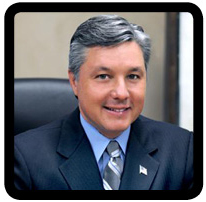
Randy Brown
Mayor of Evesham, New Jersey. In response to the annual threat posed by drunk drivers, the Mayor took action by partnering with a TNC to offer completely free rides home from the city’s 19 bars to all residents’ homes within the town borders. The Evesham Saving Lives Program began as a 3-month pilot aimed at the holidays, but due to the dramatic 66% decline in drunk driving arrests, the Mayor extended the pilot indefinitely. The program has since expanded to the neighboring town of Vorhees.
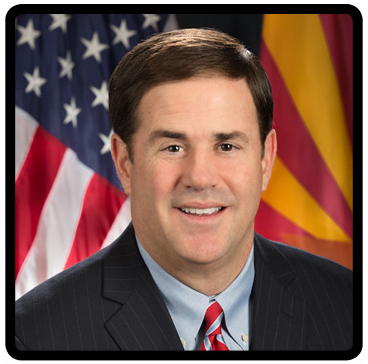
Doug Ducey
Governor of Arizona. The Governor signed and Executive Order last August, announcing that Arizona was open for fully driverless car testing in the state, beginning with a pilot partnership with a ridesharing firm utilizing autonomous vehicles on the University of Arizona campus. He also used an Executive Order to create the Governor’s Council on the Sharing Economy, tasking it to explore new ways to promote the sharing economy and provide legislative recommendations to address regulatory burdens or barriers to the industry’s growth.
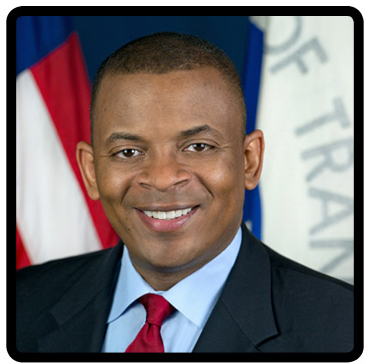
Anthony Foxx
Secretary of Transportation, US Department of Transportation. The Secretary has demonstrated leadership and innovation particularly through openness to clear the regulatory barriers to the deployment of self-driving cars. He has also launched the Department’s first-of-its-kind “DOT Smart City Challenge.” The $50 million competition will help determine which is the most innovative and “smartest” city when it comes to integrating technological solutions to urban mobility, freight, commuting, and other key transportation policies.
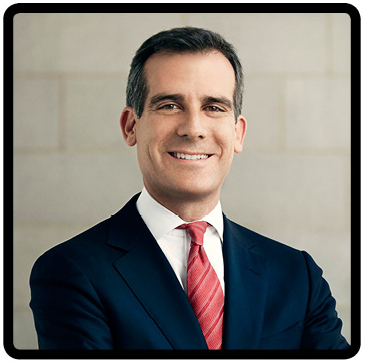
Eric Garcetti
Mayor of Los Angeles. Under the Mayor, Los Angeles has increased transit investment to build new lines and has begun to plan for the future of driverless cars that could upend many core elements of urban planning. LA also has launched its own multi-modal transportation app, GoLA, using Xerox’s software to enable customers to plan and access a wide range of public and private mobility choices and transit services to meet their individual trip needs without owning or driving their own personal vehicles. (Ed. Note: If you haven’t seen Mayor Garcetti’s “101 Slow Jam” it’s worth the 1 minute and 46 seconds of your life. Watch it here.)
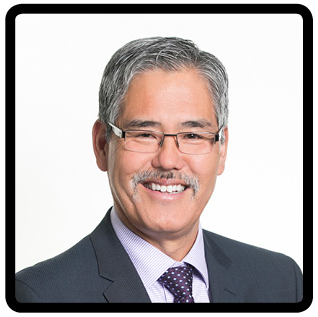
Randy Iwasaki
Executive Director of Contra Costa County Transportation Authority (CCTA). Has positioned CCTA as a leading innovator in many aspects of transportation research, operations, planning, and project management. One of the most high profile ventures has included the opening of GoMentum Station, a new facility for the development and testing of self-driving cars at a former naval base-turned technology and vehicle test track. Mercedes, Honda, and possibly even Apple are all rumored to have testing agreements to use the site.
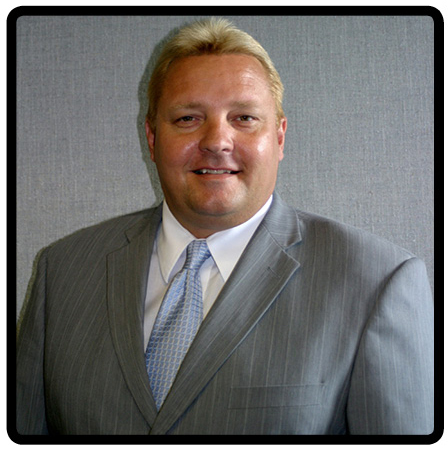
Robbie Makinen
President and CEO of Kansas City Area Transportation Authority (KCATA). He reached a groundbreaking partnership agreement between KCATA, Ford, and Bridj to offer Ride KC: Bridj. This partnership is the first U.S. public-private collaboration bringing together a major U.S. transit system, an automaker, and an urban technology company to provide greater mobility options.
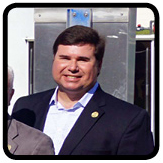
Frank Martz
City Manager of Altamonte Springs, Florida. Altamonte Springs became the first city in the nation to subsidize a portion of shared mobility service fares for residents. During this one-year pilot the City has agreed to pay 20% of any Uber trip that starts and ends within the city limits and increased that subsidy to 25% for all trips starting or ending at the Altamonte Springs SunRail station as one way to encourage ridership on SunRail.
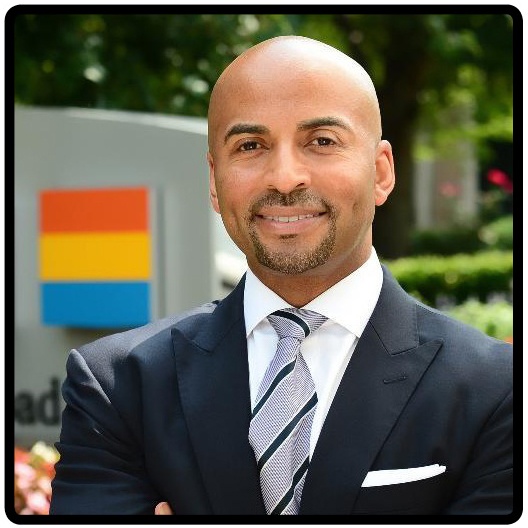
Keith Parker
CEO of Metropolitan Atlanta Rapid Transit Authority (MARTA). He launched an innovative first/last mile partnership with Uber, added WiFi on buses, and campaigned to resurrect a previously defeated ballot initiative to create a dedicated funding source that MARTA has lacked. He previously spearheaded an initiative to begin five new transit-oriented development (TOD) projects on land that was owned by MARTA with the goal of transforming the neighborhoods immediately adjacent to MARTA rail stations by replacing parking lots with mixed-use projects generating new revenue sources for the agency.
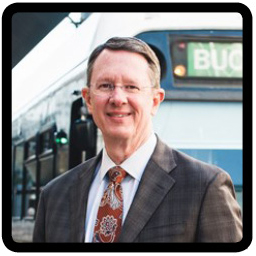
Gary Thomas
CEO of Dallas Area Rapid Transit (DART). DART has expanded its light rail system to become the nation’s longest at 90 miles. He developed a progressive clean fuels program for the agency’s bus fleet, advanced new models for local bus and paratransit service and rider communication technology. DART lead the way with the first-ever partnership between a transit agency and TNC (Uber and eventually Lyft and ZipCar). They are now exploring integrated payments with TNCs and other shared mobility services through DART’s GoPass mobile app.
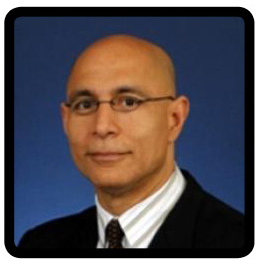
Vincent Valdes
Associate Administrator for Research, Demonstration and Innovation for the FTA. He is spearheading the Mobility on Demand Sandbox, a new USDOT Initiative which serves to facilitate dialogue among the federal government, transit service providers, and private industry in the shared-use space. The program offers funding to facilitate demonstration of integrated, seamless mobility options for all travelers and allows for the submission of identify perceived regulatory obstacles to transit/MOD partnerships, at which point FTA could help them navigate the best path forward.

 On the heels of
On the heels of 











